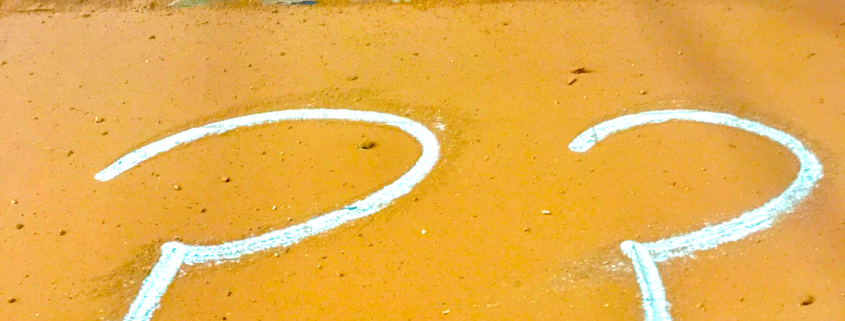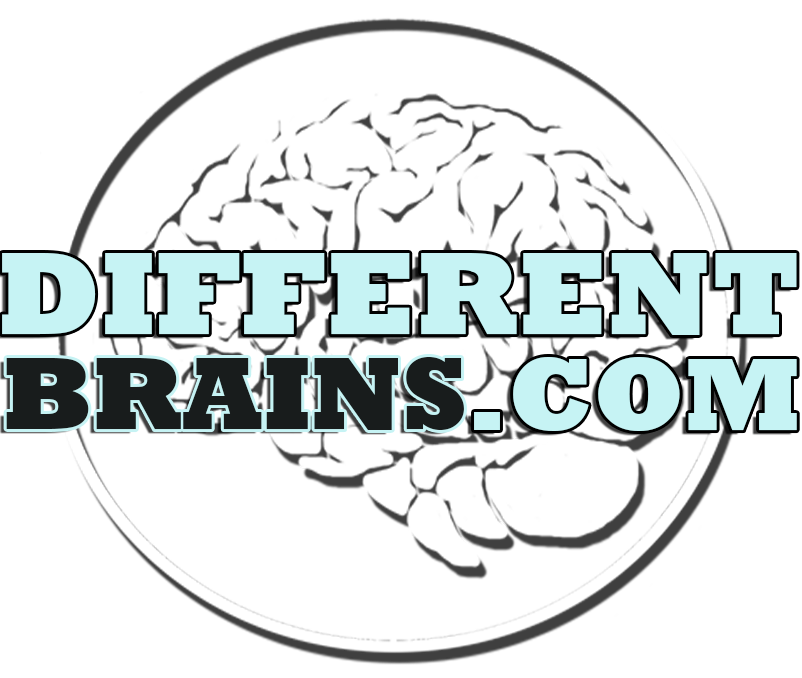Curiosity…
Curiosity needs to be defined along with an area of observation. Thus we may have an immediate form of curiosity, a local form of curiosity and a more global form of curiosity. These different forms make up the vast amount of questioning that can be done about subjects known to man which have an answer.
For our purposes here we will discuss primarily the immediate form of curiosity. This subject is of primary importance to everyone, but of ultimate importance to the Brain Injury Survivor. This is because these are the building blocks to forming a lasting productive experience with their own consciousness. This experience will make or break anyone who is recovering from a Brain Injury. This self-talk is the key to promoting a good recovery.
Typically though, curiosity is not seen as a characteristic that is required during a recovery from a Brain Injury. Up until this juncture there has been a lot of importance placed on spontaneous recovery. As more and more survivors go through this system there are bound to be a few outliers. There also has to be room for the directed recovery. This is where curiosity plays a role. This frees the survivor to proceed according to their own ideas however poor they may be due to their own brain injury. For example, there is no harm in doing a search online for the fastest car in the Le Mans race history. Other areas of curiosity may be more laden with consequences, such as seeing if you can drive again. Still others are good tasks to perform for healing purposes. In the end it is these tasks that will serve you the best on this journey of self-directed recovery.
This is where a little discipline comes into play. The ability to stay focused on the task at hand, ie. the restoration of various faculties through activities of daily living participated in through the lens of curiosity. And so the reasoning behind this methodology comes full circle and returns to curiosity as the driver.
t




